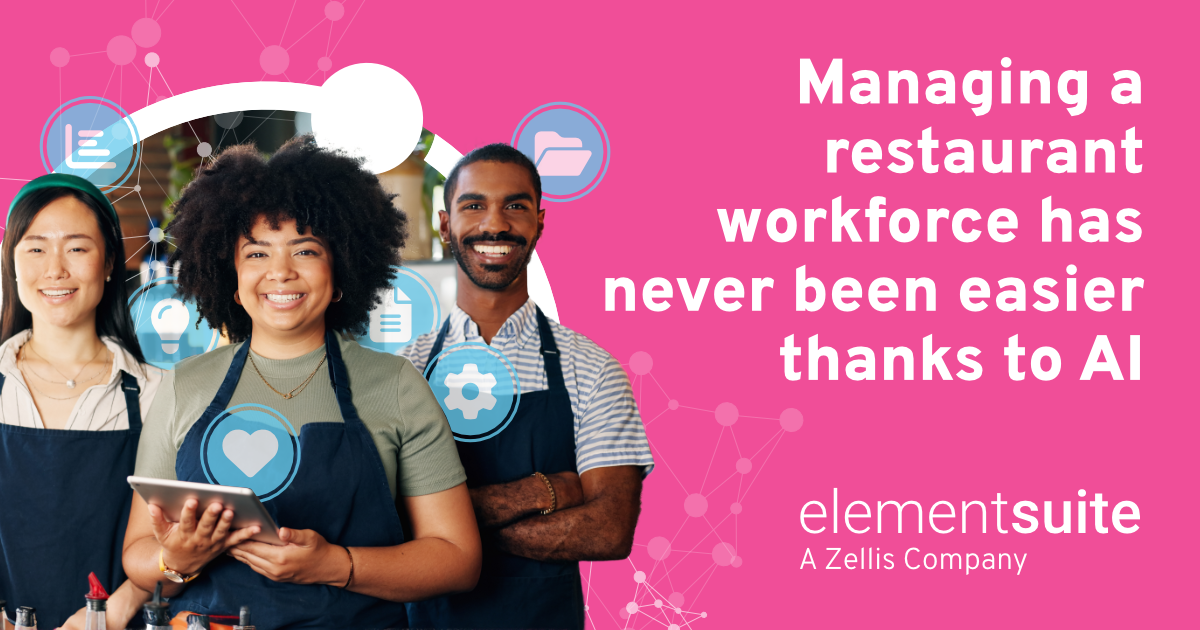On the 23rd of October, The Living Wage Foundation announced the new Real Living Wage (RLW) rates for 2024-25, marking an essential update for employers who have committed to being a Living Wage Employer.
Unlike the government’s National Living Wage (NLW), which is based on the minimum legal requirement an employer must pay its workers, the Real Living Wage is calculated based on the actual cost of living. Unsurprisingly, with the rising cost of living affecting millions across the nation, this year’s rates have increased to £12.60 per hour in the UK and £13.85 per hour in London.
Being a Real Living Wage employer shows that you are serious about fair pay. And while there’s a six-month adjustment period, implementing the changes well before the May 1st 2025 deadline proves that you support your team members.
However, what we have found from speaking to numerous organisations across the UK is that the main concern for HR leaders is not understanding the new requirements but effectively communicating the implementation and changes across the organisation.
So, we’ve compiled a comprehensive guide on everything you need to know about communicating Real Living Wage across the organisation.
Notify the workforce as soon as possible
This might seem like an obvious point. But it is not just about announcing the new RLW rates or additional changes to employees’ pay, such as annual leave, pension contributions, or benefits.
Of course, this is very helpful and necessary, but as a Real Living Wage Employer you must also communicate why these changes are happening. Employees want to be kept in the loop on everything that affects their pay. It’s the bare minimum of ensuring adherence to the psychological contract. So it is important that in your messaging you highlight that the RLW rates have been set to keep pace with rising living costs and ensure a decent living standard for UK workers.
However, it is more than just sending one generic email across the organisation. With remote, hybrid and distributed work arrangements becoming more prevalent, various communication channels must be used simultaneously to reach the entire workforce effectively. We recommend using all the below communication methods:
- Sending emails
- Upload posts on your internal news feeds
- Discuss the changes in town hall and team meetings.
- Send a mass notification via your HR software
The important point here, however, is that it shouldn’t just be a one-time communication method – your employees need to be reminded of the changes in the weeks leading up to and after the RLW increase. This will keep them informed and serve as a gentle reminder to ask any questions about the changes. Plus, it shows that you value communication and transparency with your employees, which is a bonus for creating a positive company culture.
While managing all these notifications might sound like a logistical challenge, HR systems can simplify things. With automated tools and a dedicated AI HR assistant, organisations can create template emails that personalise the pay breakdowns and how employee pay, holiday entitlements, and other benefits will be impacted by the new RLW rates.
You can track who has read the notifications and even send automated reminders to those who have not yet acknowledged the changes. The result? Your HR team’s time is better spent on more value-driven and strategic tasks rather than sending out routine updates to employees, and your workforce receives timely, personalised, and consistent communication on the RLW changes.
Compliance safeguarding and automatic adjustments
When communicating the changes to pay, reassure your employees that their pay will be automatically adjusted through your HR platform on the date the announced change comes into effect (if not, the 1st of May 2025).
Further to this, you must ensure compliance in a timely manner. Sending out a notification to employees that their pay will be uplifted is one thing. Ensuring compliance and eliminating breaches is a whole other ball game.
Managing a large workforce comes with its fair share of challenges, especially when it comes to compliance and payroll. But that’s where an all-in-one HR software solution can be a game-changer. It streamlines processes, ensures legal compliance, and brings peace of mind to both HR professionals and employees. Let’s explore how this works.
Compliance made easy with automation
Employees need confidence that their employer is on top of compliance, especially when it comes to things like pay rates and legal requirements. With comprehensive HR software, you don’t need to worry about manually tracking and adjusting pay as regulations change. Once you’ve set up the parameters, the system handles it all.
For instance, when the new wage enforcement date rolls around, your software automatically adjusts hourly rates to comply with new Real Living Wage (RLW) limits. If an employee turns eighteen and qualifies for a new wage bracket, their pay is adjusted automatically. That means no more last-minute adjustments or stressful audits—just smooth, seamless updates.
And it doesn’t stop there. Employees can see these changes reflected in their profiles, offering that added level of transparency they appreciate. No one likes guessing what their pay cheque will look like, and this level of openness helps build trust across your workforce.
Effortless onboarding: Compliant, right from the start
From the moment a new employee accepts their offer, you can ensure that your system keeps everything aligned with current compliance requirements. No need to worry about creating an employment contract that doesn’t reflect the latest wage rates – the software has your back.
Whether you’re hiring full-time staff or bringing in contingent workers, it ensures all contracts are legally sound. That’s less paperwork for you to manage and fewer headaches for your team.
Flexibility to adapt to any further changes
One of the best parts of a robust HR system is its flexibility. Whether it’s a change in internal policies, new government regulations, or even adjustments from temporary projects or roles, you can make updates quickly and easily. As the business landscape changes, your HR software is ready to keep up, so you’re never scrambling to catch up.
Bringing it all together: Transparency, trust, and efficiency
At the end of the day, the right HR software simplifies complex processes and keeps your operations running smoothly. Employees gain confidence when they see that their employer handles compliance seamlessly, and they value the transparency of clear, consistent pay. Meanwhile, your HR, finance, and operations teams can focus on strategic initiatives instead of getting bogged down by manual tasks.
With everything in one place, from recruitment to payroll, you’re not just staying compliant—you’re setting up your business for long-term success.
Use an AI HR assistant for payroll queries
Without stating the obvious, from the moment you send the first line of communication regarding the changes to the Real Living Wage, your HR and payroll team will be inundated with HR and payroll queries.
However, you can minimise the number of queries and also provide a smooth process for resolving issues by investing in an AI tool that can act as the employees’ very own pay query assistant.
Employees want instant answers, especially when it comes to core fundamentals such as their livelihood—their pay. They do not want to wait hours or sometimes even days for a simple question to be answered. Equally, they do not want to receive mediocre answers from a pre-programmed chatbot designed to only answer generic questions.
That’s where an AI HR assistant, such as ELLA, securely layered onto your HR system, comes in. With advanced natural language processing and machine learning capabilities, ELLA can understand employees’ queries and provide tailored responses that consider their individual circumstances and HR information.
Questions that are unique to each individual, such as how shift patterns will affect pay, how individual overtime will be calculated under the new rates, and how this will affect their family leave allowance, can all be answered with ease.
Having an AI HR assistant trained with the latest RLW rates and integrated into your HR system will save you time, reduce the volume of payroll queries, and ensure that employees receive accurate, consistent, and timely responses to their questions. Check out ELLA here to learn more about how she supports your employees and HR team.
Final thoughts
As we’ve discussed throughout this article, implementing and communicating changes to the Real Living Wage is non-negotiable, but it’s also an opportunity to show your employees that you value their work and well-being.
By utilising HR technology, setting up compliance safeguards, and providing channels for payroll queries, you can ensure a smooth transition towards RLW compliance while promoting transparency and communication with their workforce.
Implementing the Real Living Wage is an opportunity for businesses to demonstrate their commitment to fair pay and employee satisfaction. So embrace the changes and use them to strengthen your relationship with your workforce.
Contact us today to see how we can help you navigate the changes and support your organisation in achieving RLW compliance.




